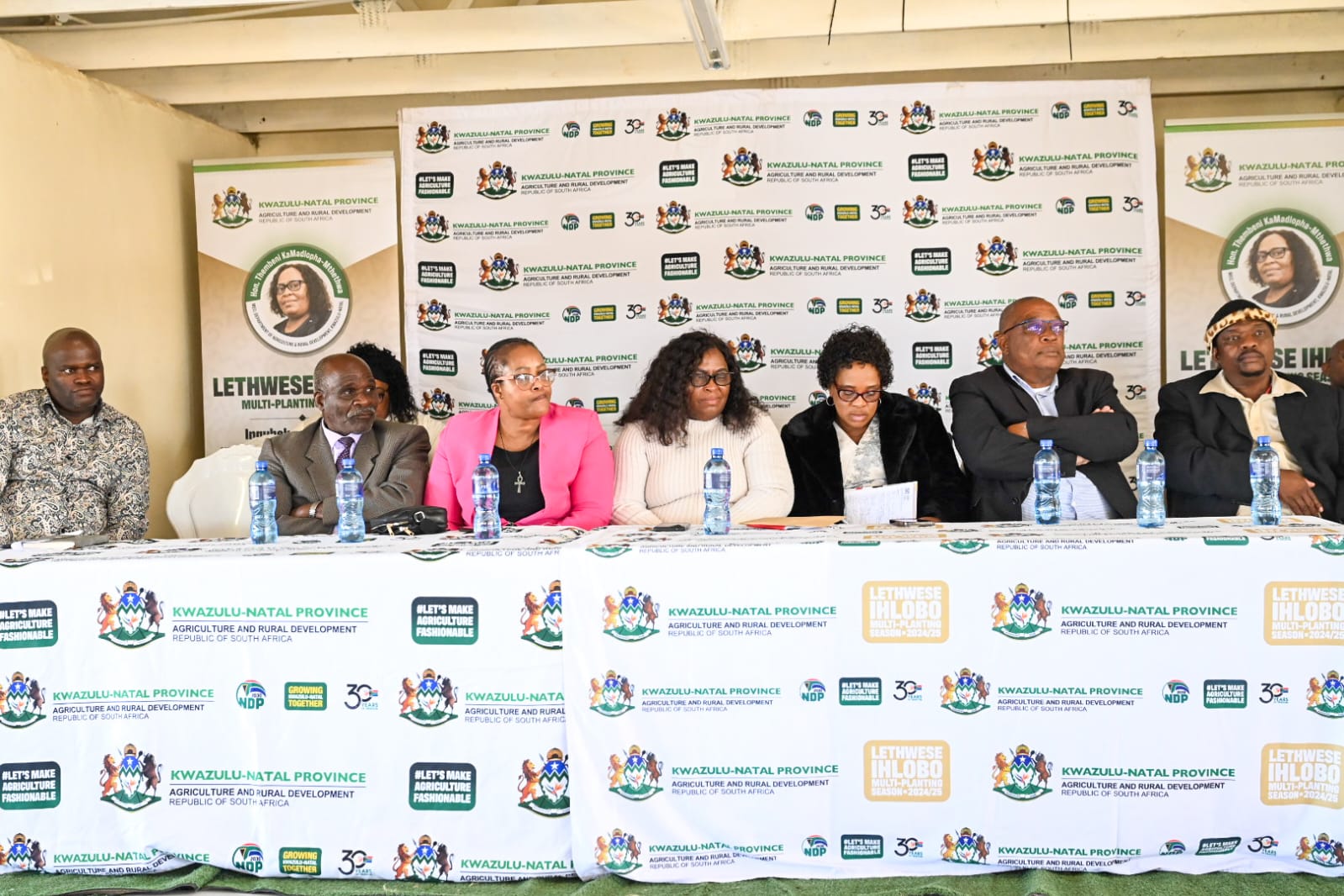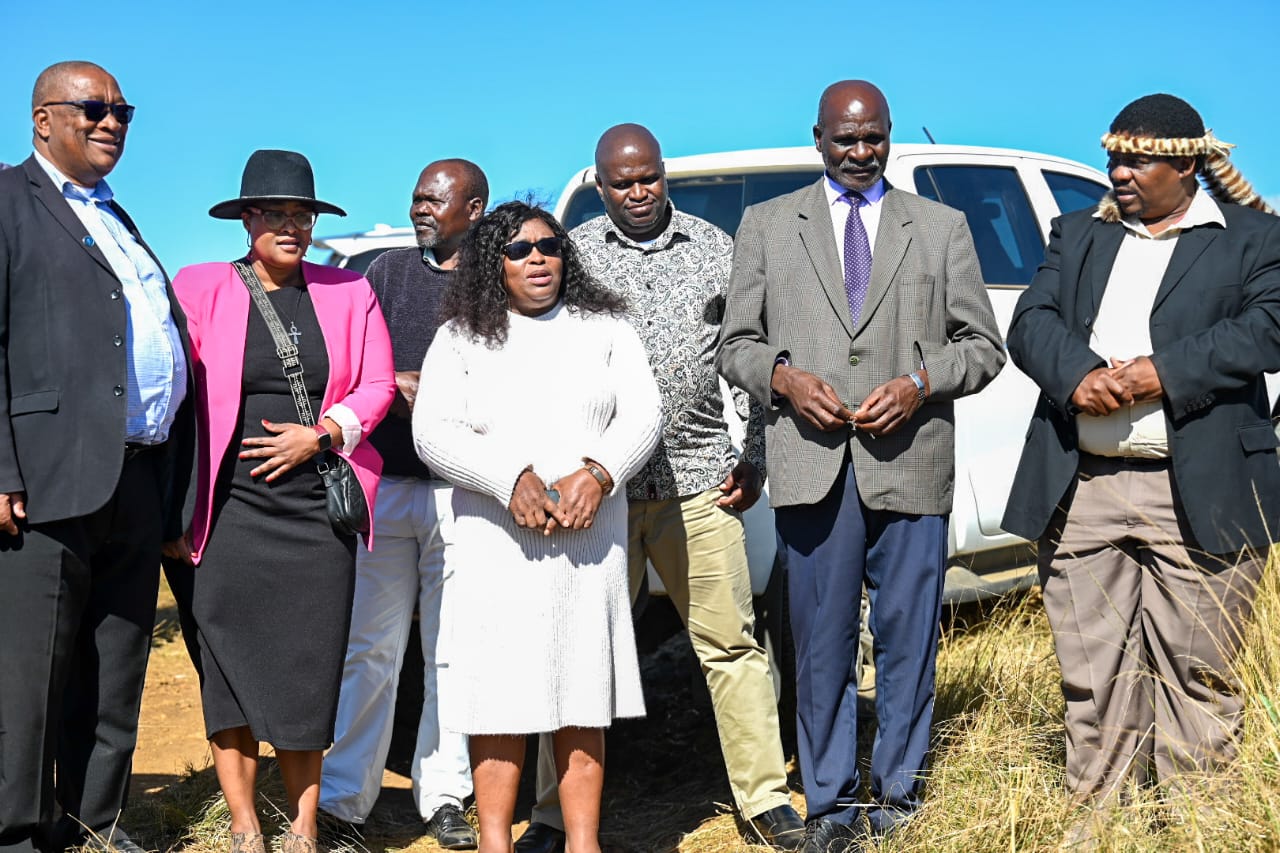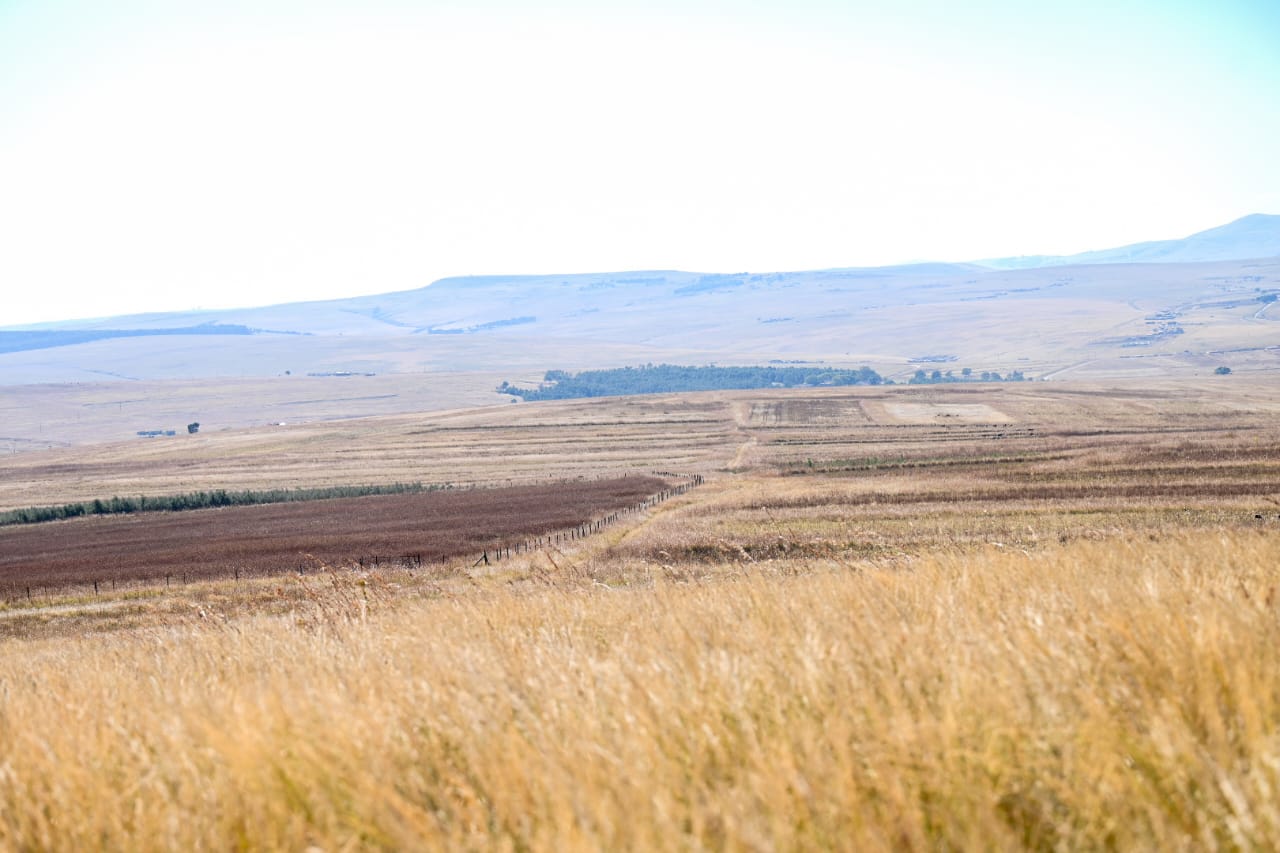
The MEC for Agriculture and Rural Development, Thembeni kaMadlopha-Mthethwa, has urged traditional leaders to facilitate access to land, particularly for youth and women. Approximately 2.8 million hectares of land in KwaZulu-Natal are administered by the Ingonyama Trust, with Amakhosi playing a significant role in allocating land and issuing leases for purposes such as agricultural activities, building of homes, shopping malls, schools, and service stations. KaMadlopha-Mthethwa was speaking at KwaZondi, Kwampotholo Community Hall, under Nkandla Local Municipality ward 02, on 30th May 2025.
"Through Amakhosi managing and controlling the land on behalf of the people of KwaZulu-Natal, we have seen leases of land approved for community upliftment under traditional councils. We will dispatch a team from the department to assess the area so that it will be used for agricultural activities. There is also a significant demand for dip tanks and dipping chemicals, which we will endeavour to revive and provide. Amakhosi have also requested fencing for their grazing land. We are pleased to have Amakhosi championing community development and partnering with the government."
KaMadlopha-Mthethwa also thanked and encouraged traditional leaders to make land available for vulnerable groups, including women, youth, and persons living with disabilities. "A report by the Human Sciences Research Council revealed that rural communities in KwaZulu-Natal, specifically in King Cetshwayo, Zululand, and uMkhanyakude, are languishing in poverty despite having vast tracts of land. We encourage Amakhosi, as recommended by the Council, to facilitate access to land for women, youth, and other vulnerable groups to cultivate and address food insecurity. We are encouraged by the presence of traditional leaders who initiate community development."
Acting Inkosi Philisiwe Zondi of the Zondi Clan in Nkandla commented during the programme, "We provide land to our communities for agricultural activities. As women, we are used to working the land, and we appreciate the Department of Agriculture and Rural Development's support."
The tribal authorities at the forefront of this initiative, present at the gathering, include Zondi, Mchunu, Sithole, and Dlomo.




 Anonymous National Anti-corruption Hotline: 0800 701 701
Anonymous National Anti-corruption Hotline: 0800 701 701






